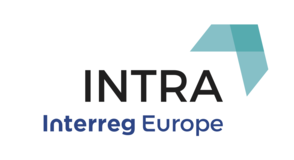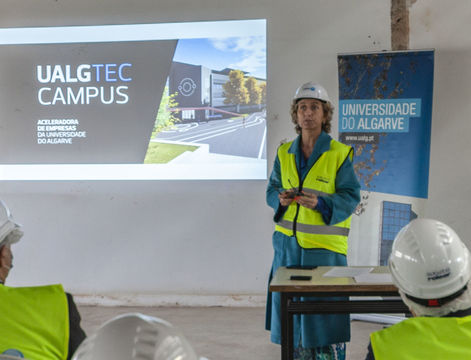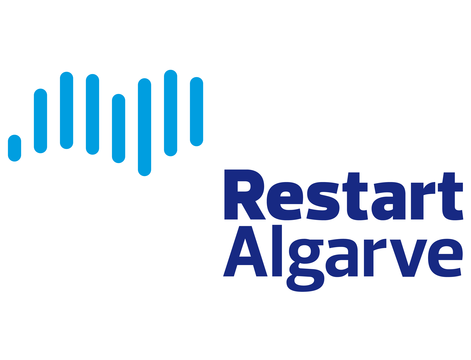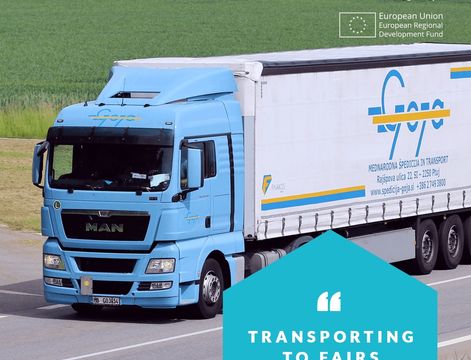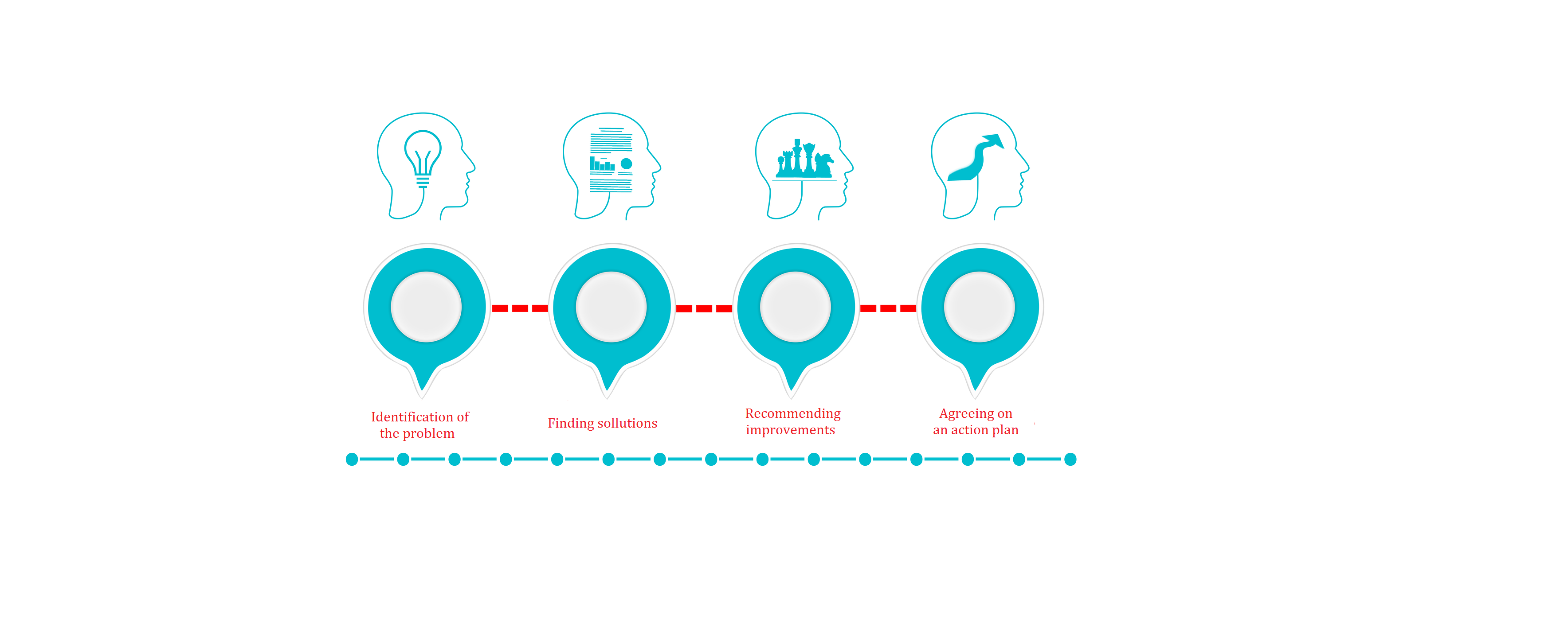EU’s top priority during the COVID-19 pandemic is protecting the health and safety of EU citizens, and also taking resolute action to mitigate the socio-economic impact of the outbreak. In the context of project INTRA, supporting the internationalisation of SMEs, we will take a look at the following priorities of the EU:
• limiting the spread of the virus
• ensuring the provision of medical equipment
• boosting research for treatments and vaccines
• supporting jobs, businesses and the economy
Limiting the spread of the virus
The EU has agreed on a coordinated temporary restriction on non-essential travel to the EU. The measure has a strong impact on international trade and especially tourism, which is a major player in the EU economy. In order to monitor the problem and assess impacts and risks, the Commission is in constant contact with Member States' ministries responsible for tourism, specialised international organisations and the EU industry. The Commission announced liquidity support measures to relieve hard-hit SMEs. Tourism SMEs should benefit under these measures, especially in Member States where tourism contributes significantly to the national economies.
Ensuring provision of medical equipment
The EU is working together with its member states and industry to ensure that adequate protective equipment and medical supplies are available across Europe. Manufacturers have been provided with guidance on how to increase production in three areas: masks and other personal protective equipment, hand sanitisers and disinfectants, and 3D printing.
The EU has also regulated exports of personal protective equipment outside the EU. Restrictions have various effects – from creating bottlenecks to production, to disruption of logistics and distribution chains. The Commission is assessing these measures as a matter of urgency and discussing with Member States the changes needed.
Boosting research for treatments and vaccines
The EU is fast-tracking and promoting research on COVID-19 by mobilising a total of over €350 million, to support ongoing research projects; to develop vaccines, new treatments, diagnostic tests and medical systems to prevent the spread of the coronavirus and save lives; to support SMEs and start-ups for innovative solutions to tackle the COVID-19 outbreak.
Supporting jobs and businesses
For the purpose of minimising the socio-economic fallout from the COVID-19 outbreak and continuation of sustainable growth, the EU has put forward a package of €540 billion. It consists of three immediate safety nets for workers, businesses and EU countries.
The Commission will make available €1 billion from the EU budget to act as a guarantee to the European Investment Fund, via its existing programmes COSME and Innovfin. Also, the flexibility in the use of structural funds has been increased, to allow member states to transfer money between different funds and regions and mitigate the impact of the pandemic. The Commission is also making all Coronavirus crisis related expenditure eligible under cohesion policy rules. It will also be applying the rules for cohesion spending with maximum flexibility.
Furthermore, the European Investment Bank is offering liquidity support to help hard-hit small and medium-sized enterprises with an emergency support package of up to €40 billion.
The European Globalisation Adjustment Fund could be also mobilised to support dismissed workers and the self-employed under the conditions of the current and future Regulation. Up to €179 million is available in 2020.
The European Economic and Social Committee (EESC) has welcomed the Commission's proposal on revised employment guidelines, with special interest being put into long-term perspective. The guidelines encourage Member States to foster "innovative forms of work", which provide opportunities for growth.
Additionally, EURADA (European Association of Development Agencies working on economic development through a large network of 66 members throughout 21 countries in the European Union and beyond), has set up a special Economic response to COVID-19 platform.
It was specially created to help regional practitioners learn about the best practices and outstanding measures carried out by their peers among the Development Agencies around Europe. The main goal of Economic response to COVID-19 is to deliver and showcase a useful regional-based toolkit to sort out the harmful effects of the national lockdowns, the stop of economic activity and the negative externalities of the virus on the European economy.
Overall, the EU is preparing a recovery plan, based on a revamped proposal for the next long-term EU budget (Multiannual Financial Framework). This includes enabling the twin transition towards a greener and digital society, and drawing all lessons from the current crisis for the EU’s preparedness and resilience.
Prepared by: Borut Jurišić
